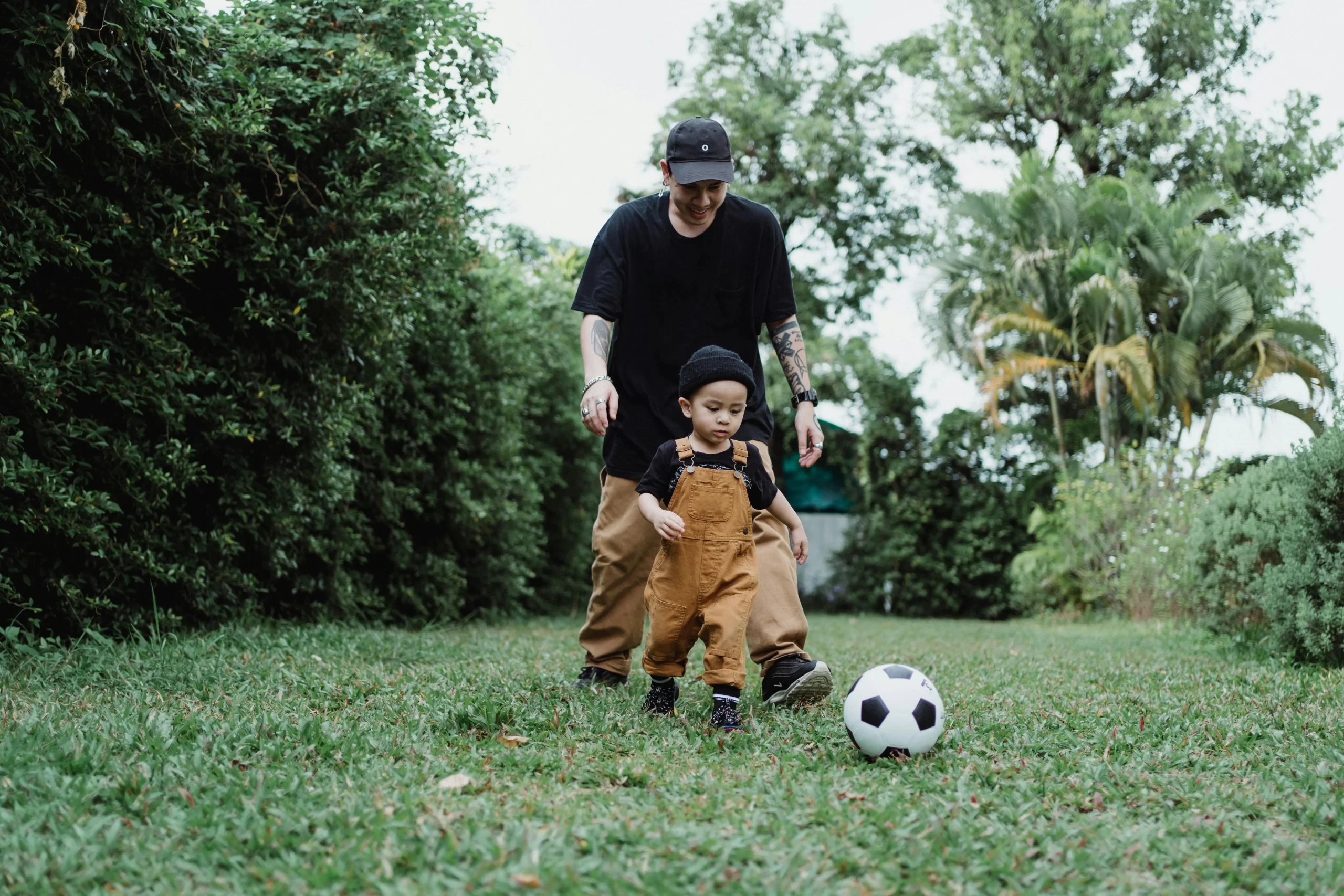How Early Specialization Affects Performance And Long-Term Growth In Athletes
As a parent of an athlete, you want what’s best for your child. You invest time, energy, and resources into their sports journey, hoping to see them excel and enjoy the experience. However, one critical aspect that often gets overlooked is the impact of early specialization in sports. While it may seem beneficial for your child to focus solely on one sport to achieve success, this approach can lead to burnout, injuries, and a limited overall development. In this post, I’ll explore the reasons why encouraging your child to participate in multiple sports is essential for their long-term athletic growth and enjoyment.
The Risks of Early Specialization
- Increased Risk of Injury
Specializing in one sport at a young age can significantly increase the risk of overuse injuries. When your child repeatedly performs the same movements, it places undue stress on specific muscle groups and joints. For instance, young baseball pitchers often suffer from shoulder and elbow injuries due to the repetitive nature of throwing. By participating in various sports, your child can develop a more balanced set of skills and reduce the risk of injury. - Burnout and Mental Fatigue
The pressure to excel in a single sport can lead to mental fatigue and burnout. Many young athletes experience overwhelming stress from training routines, competitions, and parental expectations. This pressure can diminish their passion for the sport, leading to disengagement or even quitting altogether. Encouraging your child to explore multiple sports allows them to enjoy different experiences, helping them maintain a love for athletics. - Limited Skill Development
Early specialization restricts your child’s exposure to diverse athletic skills. Each sport offers unique movements and techniques that contribute to overall athleticism. For example, a basketball player can benefit from the agility and footwork developed in soccer, while a swimmer can improve their strength and coordination through gymnastics. By participating in multiple sports, your child can cultivate a well-rounded skill set that enhances their performance in any chosen sport.
Steps to Encourage Multi-Sport Participation
Now that we’ve established the risks of early specialization, let’s discuss actionable steps you can take to promote a well-rounded athletic experience for your child.
- Create a Diverse Sports Schedule
Encourage your child to engage in multiple sports throughout the year. For example, they could play soccer in the fall, basketball in the winter, and join a swim team in the summer. A varied schedule not only keeps their training fresh but also allows them to develop different skills and interests. - Focus on Fun and Enjoyment
Emphasize the importance of enjoyment over competition. While it’s natural to want your child to succeed, prioritizing fun can help maintain their enthusiasm for sports. Encourage them to try new activities without the pressure of performance. Let them know that it’s okay to make mistakes and that every experience is a learning opportunity. - Limit Year-Round Commitment
Avoid signing your child up for year-round programs in a single sport. Instead, look for seasonal leagues or recreational teams that allow for breaks and flexibility. This approach gives your child the chance to rest, recover, and explore other interests without feeling tied down. - Encourage Team Sports and Individual Activities
A mix of team sports and individual activities can provide a well-rounded experience. Team sports, like soccer or basketball, foster social skills and teamwork, while individual sports, such as tennis or track, promote self-discipline and personal achievement. Encourage your child to participate in both types of activities to develop a wide range of skills. - Communicate with Coaches
Open communication with your child’s coaches can help you understand their philosophy on specialization. Discuss your concerns about early specialization and ask how they support multi-sport participation. A supportive coach will recognize the benefits of a diverse athletic background and encourage your child to explore different sports.
Tips for Transitioning to Multi-Sport Participation
Transitioning from a specialized focus to a multi-sport approach may require some adjustments. Here are a few tips to help your child navigate this change:
- Set Realistic Expectations: Understand that it may take time for your child to adjust to new sports. Encourage them to be patient and set achievable goals.
- Emphasize Skill Transfer: Help your child recognize how skills from one sport can benefit another. For example, speed gained from track can enhance their performance in soccer.
- Monitor Their Well-Being: Keep an eye on your child’s physical and mental health. If they seem overwhelmed or fatigued, it may be time to reevaluate their schedule and commitments.
Conclusion: Keep the Options Open
In conclusion, understanding the impact of early specialization is crucial for your child’s athletic journey. By encouraging participation in multiple sports, you can help them avoid burnout, reduce the risk of injury, and develop a versatile skill set. Remember, the goal is to foster a love for sports.




